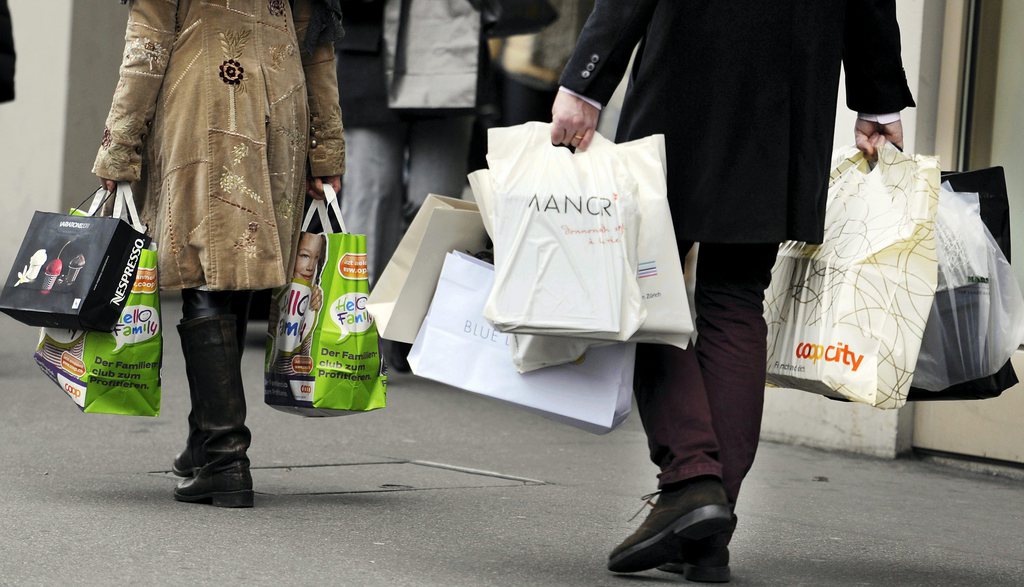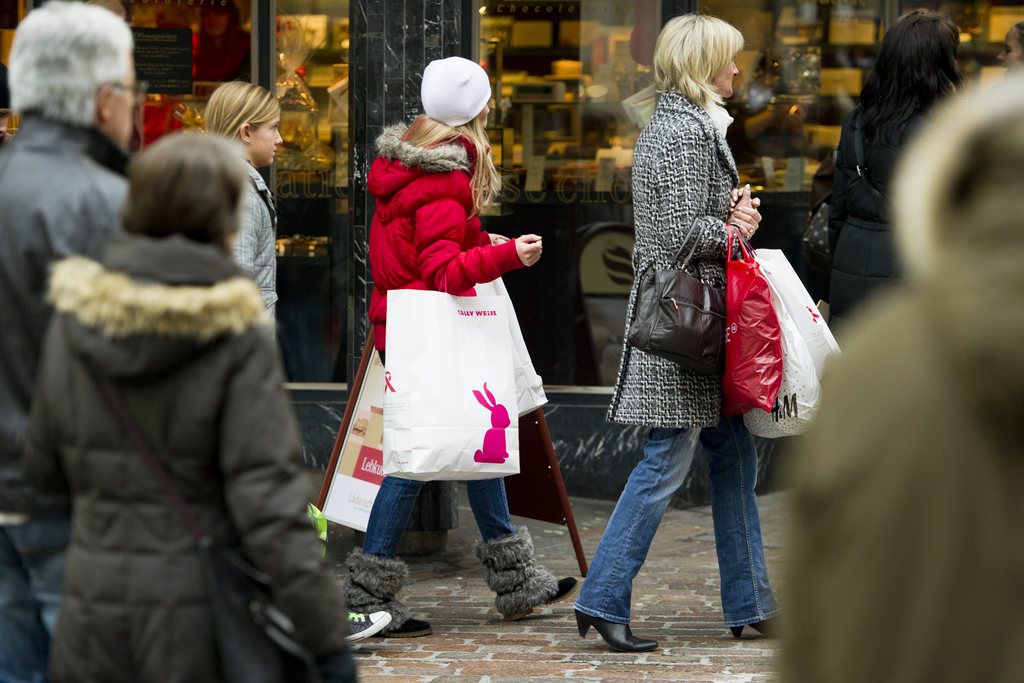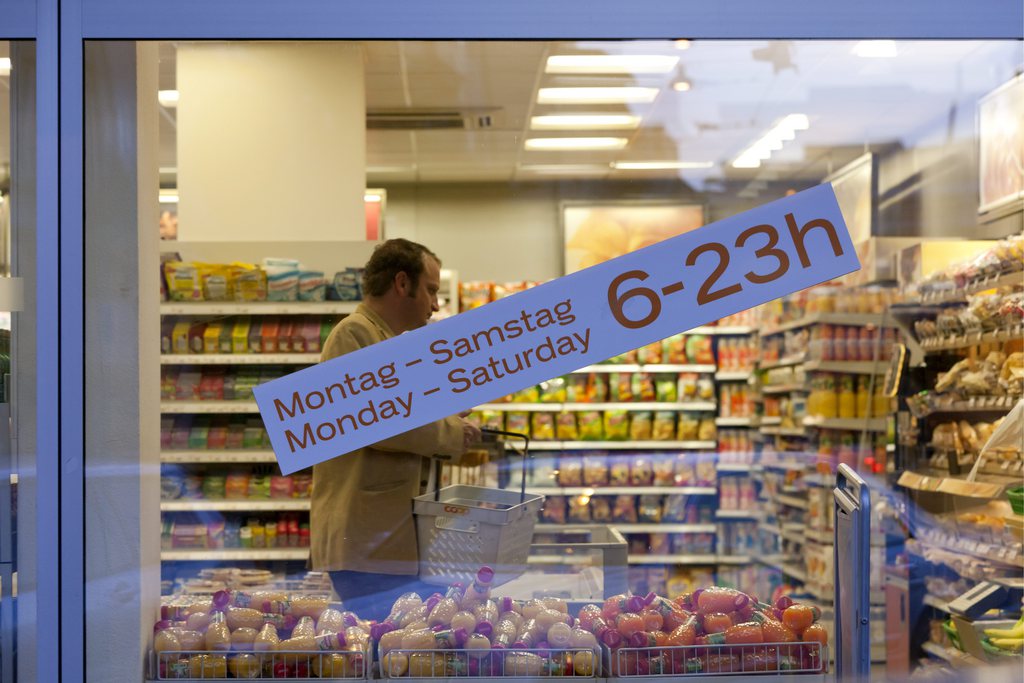One in four consumers regularly buys abroad

Clothes, food and toiletries made up the bulk of the CHF8.9 billion ($9.5 billion) spent by Swiss “shopping tourists” in 2012.
A survey – the first of its kind – found that one in four Swiss consumers goes shopping in neighbouring countries – Germany, France, Italy and Austria – at least once a month.
The phenomenon of cross-border shopping has gained in economic significance, according to an alliance of six major Swiss retailers – Migros, Coop, Manor, Denner, Valora and Charles Vögele – which called for improvements in quality and services as well as an attractive pricing policy.
The group commissioned a representative opinion poll of 4,480 people – in order to try to get solid facts and figures for an issue that has been much discussed recently in Switzerland.
The question of Swiss nipping into neighbouring countries to stock up on various goods has been triggered by the strong franc and talk of Switzerland being a “high-price island”.
According to the survey, published on Friday, CHF4.5 billion was spent on targeted food and non-food articles outside Switzerland last year. An additional CHF600 million was spent on foreign products online.
The total of CHF5.1 billion is around five per cent of the total national retail turnover.
An estimated CHF3.8 billion also went towards spontaneous buys or restaurant visits made during holidays or business trips.

More
The Swiss are in a buying frenzy – but not in Switzerland
Reasons
The largest share of the shopping budget – CHF2.6 billion – was for clothes and shoes, followed by food (CHF1.95 billion) and “near food articles” such as body products and pet food (CHF1.05 billion). CHF660 million was saved for home furnishings.
Shoppers in the Italian-speaking region of Ticino were the most likely to jump in the car and head for the border: 41 per cent of them shopped at least once a month in Italy or another country, compared with 31 per cent for people in other border regions and 25 per cent as a national average.
Lower prices were just one reason given – others included more attractive opening times and a wider range of products.
Political issue
The survey, carried out by the GfK market research institute, comes as a political debate on shop opening hours in Switzerland is gathering speed.
Last Wednesday, an alliance of trade unions, centre-left parties and church groups handed in the necessary signatures to challenge to a nationwide ballot a parliamentary decision aimed at liberalising shop opening hours at petrol stations.
The groups says it wants to halt the increasing stress at the workplace caused by the gradual introduction of the 24-hour consumer day.
Moves are also underway in parliament to ease restrictions on Sunday work as well as to allow small family shops to remain open for business 24 hours a day and seven days a week.

In compliance with the JTI standards
More: SWI swissinfo.ch certified by the Journalism Trust Initiative












You can find an overview of ongoing debates with our journalists here . Please join us!
If you want to start a conversation about a topic raised in this article or want to report factual errors, email us at english@swissinfo.ch.